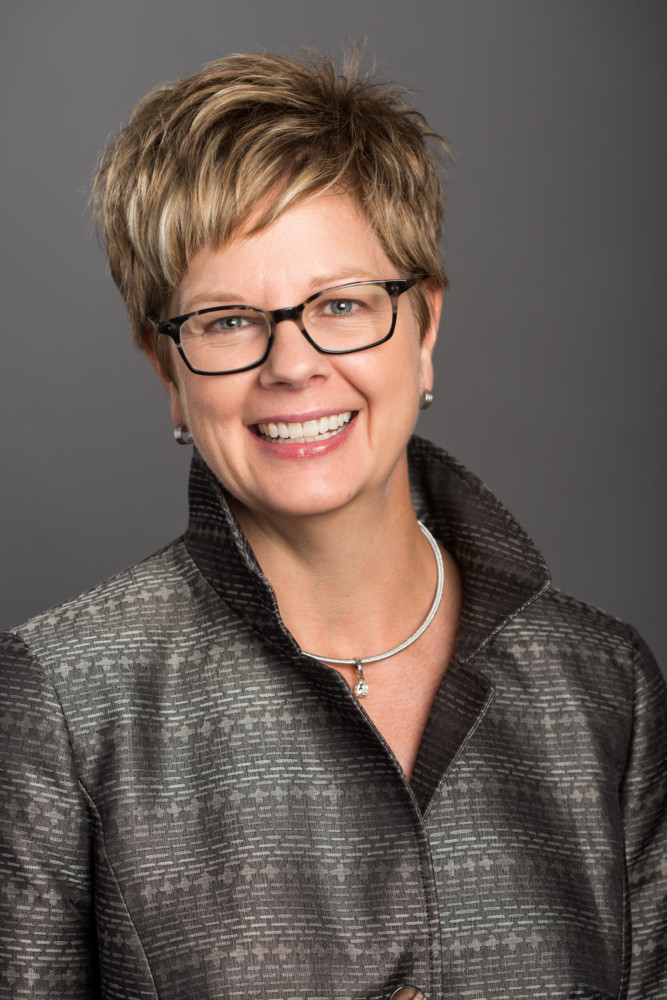By Chris Lusvardi
Herald & Review, Decatur, Ill.
WWR Article Summary (tl;dr) Heidi Neck, a professor of entrepreneurial studies at Babson College, was one of the speakers this weekend during the Society for Arts Entrepreneurship Education Conference. The national meeting focused on expanding the voices and perspectives in art and business.
DECATUR
Few in any members of the audience Saturday knew what Heidi Neck was going to have them do as they started folding a piece of paper into a boat.
Before Neck explained what to do, she wanted 100 percent participation from everyone.
She then had them make noises as if a storm was blowing into the room and rip the corners off the folded paper, ending up in the shape of the ship captain’s shirt when it was unfolded.
Neck, a professor of entrepreneurial studies at Babson College in Massachusetts, one of the most highly rated entrepreneurship schools in the country, used the exercise in part to show how encouraging play in the classroom can bring a different energy level. She teaches at the MBA and executive levels.
“It creates a different culture,” Neck said. “The boat exercise changes the culture of the course immediately. You have to create a community of learning and collaboration.”
Neck was one of the speakers this weekend during the Society for Arts Entrepreneurship Education Conference held at Millikin University. The national meeting focused on expanding the voices and perspectives of art, business and other disciplines.
Educators from around the country could see what’s being done in Decatur to encourage student-run and other arts-related business ventures in fields such as theater, dance, writing, music and crafts, said Julie Shields, Millikin Center for Entrepreneurship director.
“We talk about student run ventures all the time,” Shields said. “We want to prepare artists to compete in a global economy.”
Older buildings, such as Heroic Age Art Center in Mount Zion, can provide a catalyst for new business ventures, Shields said. The group was offered a tour of the art center, which is in an old school building.
“They can see the old buildings are a tremendous resource,” Shields said.
Learning how to make the most out of those resources starts with education about entrepreneurship. Neck said students should be encouraged to think creatively.
“Teaching entrepreneurship requires continuous innovation, fearless experimentation and structured chaos,” Neck said. “Every day I strive to create a learning laboratory for experimentation and practice.”
The goal is for entrepreneurs to identify and capture the right opportunity at the right time for the right reason, Neck said. She wants her students to do their part to change the world.
“Entrepreneurs of all kinds impact the world,” she said. “So entrepreneurship education is a necessary and formidable change agent.”
In addition to tours of student run ventures such as Pipe Dreams Studio Theatre and First Step Records, the conference concluded with a tour of the Decatur Arts Council and Blue Connection in downtown Decatur.














































































































































































































































































































































































